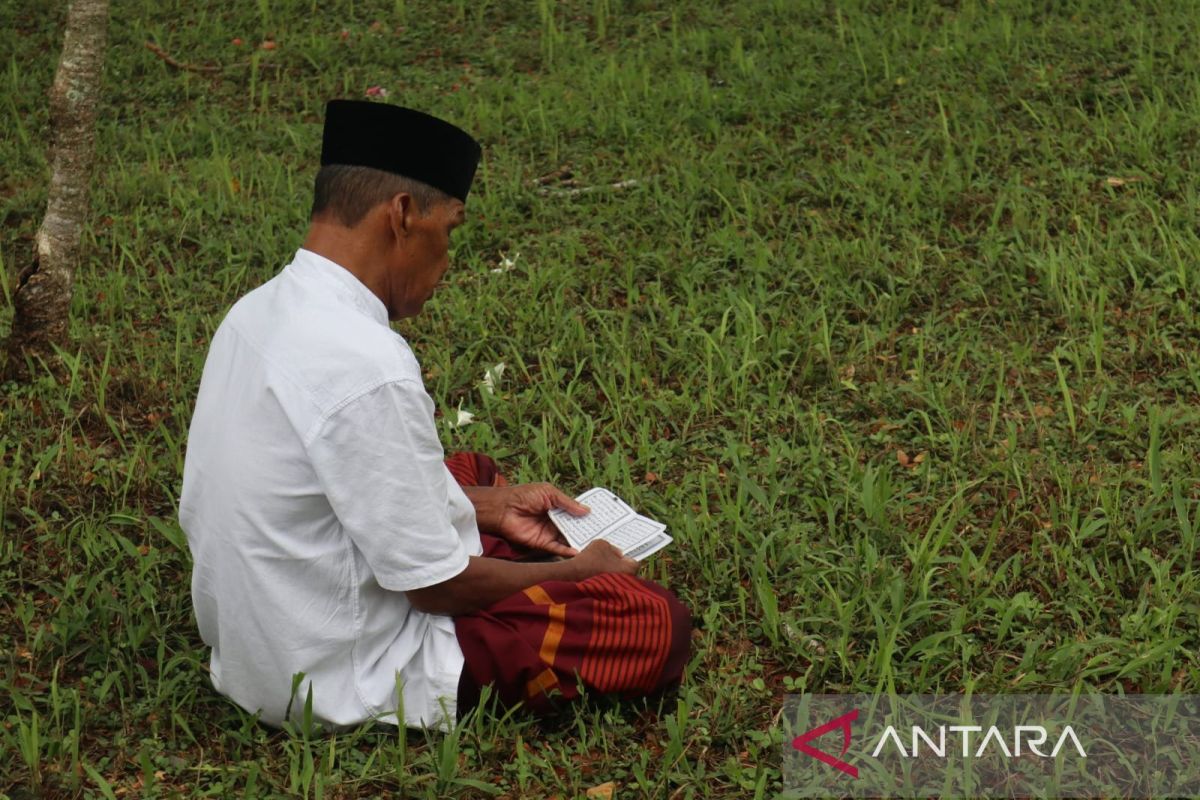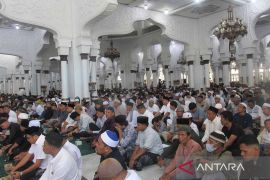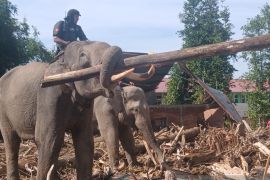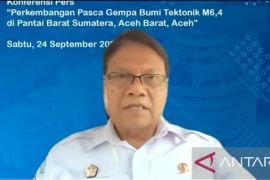"After (Eid) prayer, I came here with my husband. We usually visit the grave on the first day of Eid," Rosmita, a visitor from Beurawe village, Banda Aceh, said on Wednesday.
She informed that she visited the graves of her relatives who lost their lives in the 2004 tsunami, including her late nephew and niece, to pay her respects and pray for them.
"My parent-in-law, relatives from my husband's side, as well as my nephew and niece -- a lot of them -- died in the tsunami. We spend time visiting their graves every year, especially during Eid," she added.
Meanwhile, another visitor, Lilis Suryani from Jawa village, Banda Aceh, said that she has made it a habit to visit her family's graves at the Siron village mass grave after performing the Eid al-Fitr prayer every year.
"Once I finished my (Eid) prayer, I came here. I do it every year, for instance, during the start of (Ramadan) fasting or whenever I miss my late family," she added.
Suryani informed that the 2004 tsunami claimed the lives of her husband and her three children.
The disaster forced her to continue her life alone without a family, but they have constantly been in her prayers.
"I read the Yasin (Quran surah) and prayed for them. I also poured fragrant water on their graves," she said.
The Indian Ocean earthquake and tsunami on December 26, 2004, killed more than 220 thousand people in 14 countries and is among the deadliest natural disasters on record.
The disaster killed at least 130,736 people in Indonesia, with 60 thousand people confirmed dead in Banda Aceh alone.
Related news: Eid al-Fitr momentum for Indonesians to get reunited: Home Minister
Translator: Rahmat Fajri, Nabil Ihsan
Editor: Bayu Prasetyo
Copyright © ANTARA 2024






